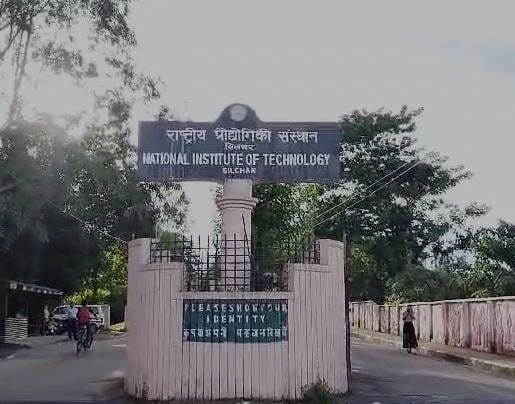India has expressed strong disapproval of remarks made by Shehbaz Sharif, the Prime Minister of Pakistan, regarding the Indus Waters Treaty. The treaty, established in 1960, governs the usage of water from the Indus River and its tributaries between the two nations. India’s response underscores a longstanding tension between the countries, particularly concerning water resource management. India views the treaty as a critical framework for ensuring equitable water distribution, while Pakistan has often raised concerns about India’s water projects and their impact on downstream flows.
Sharif’s comments, which appear to place blame on India for water scarcity issues in Pakistan, have sparked a fierce reaction from New Delhi. Indian officials argue that the remarks are not only unfounded but also divert attention from Pakistan’s own mismanagement of water resources. They emphasize that the treaty has been a successful mechanism for conflict resolution over shared water resources for over six decades. India’s position is further supported by the legal framework of the treaty, which provides a clear structure for addressing disputes and grievances related to water usage.
The issue of water scarcity is an increasingly pressing concern in the region, exacerbated by climate change and population growth. Both countries face significant challenges in managing their water resources, and the potential for conflict over these resources is a matter of great concern for regional stability. India has reiterated its commitment to the Indus Waters Treaty while calling for a more cooperative approach to tackling water-related challenges. The ongoing dialogue between the two nations remains crucial, as it can pave the way for resolving disputes and fostering a more collaborative relationship in the face of shared environmental challenges.
In conclusion, the exchange between India and Pakistan over the Indus Waters Treaty highlights the complex interplay of politics, environmental issues, and resource management in South Asia. As both nations navigate their water crises, it is imperative for them to engage in constructive dialogue to prevent further escalation of tensions and to promote sustainable development practices that benefit both populations.




